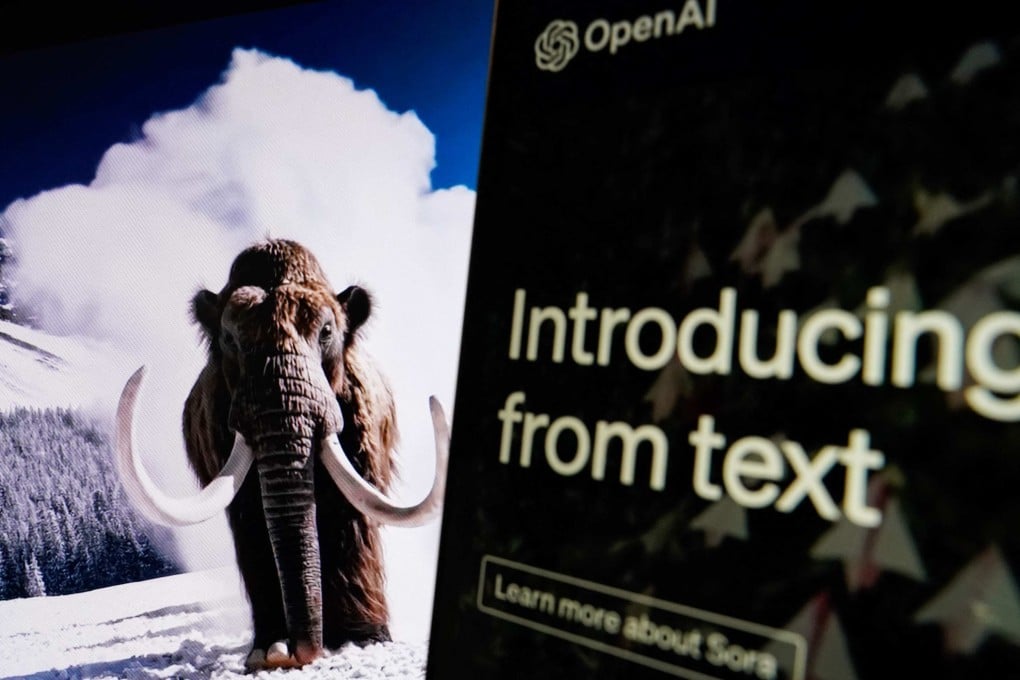Chinese fintech firm claims priority access to Sora API through Microsoft amid new text-to-video AI frenzy
- Beijing-based Sinodata said a deal with Microsoft will give it priority access to OpenAI’s new Sora model when it is available on Azure
- Company shares jumped 10 per cent in Shenzhen on the news as tech firms race to assure investors of their readiness for the latest AI breakthrough

Beijing-based Sinodata said it will be one of the first companies to apply for a Sora API subscription once the text-to-video tool becomes available on Azure, the cloud computing platform of Microsoft, which is OpenAI’s biggest backer. In a statement on its website on Tuesday, the company said it held a business seminar with Microsoft China on the potential application scenarios of Sora.
Sinodata will gain priority access by joining Microsoft’s AI Cloud Partner Programme, according to the statement, and become one of the US tech giant’s solution partners for data and AI in a deal the company signed last month.
Shares of Sinodata jumped 10 per cent on the news, reaching 14.40 yuan (US$2) before trading was suspended for reaching the daily limit.